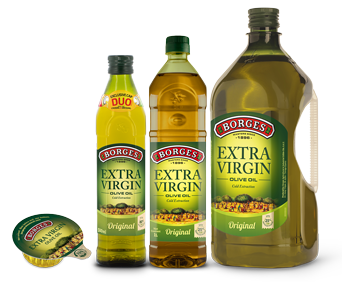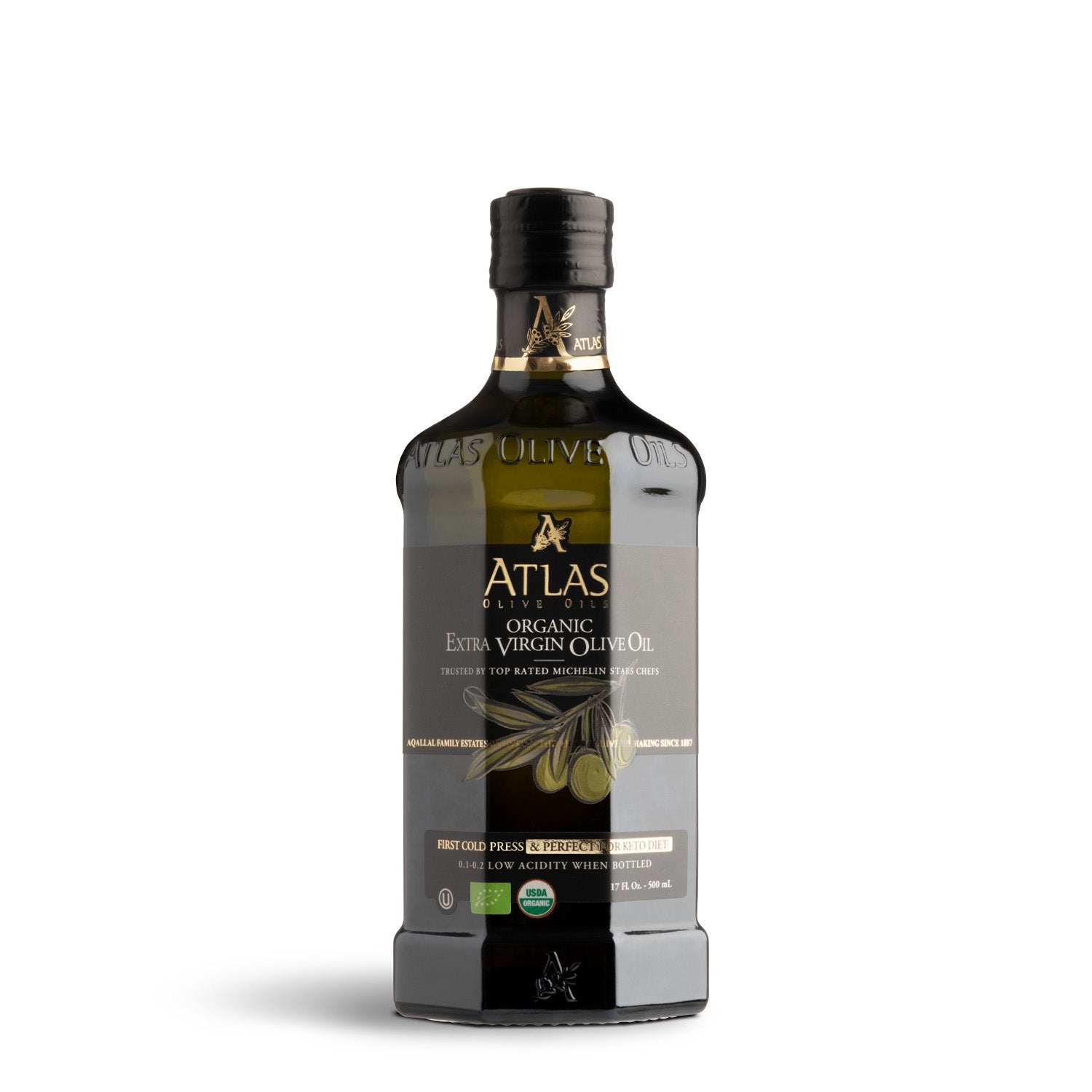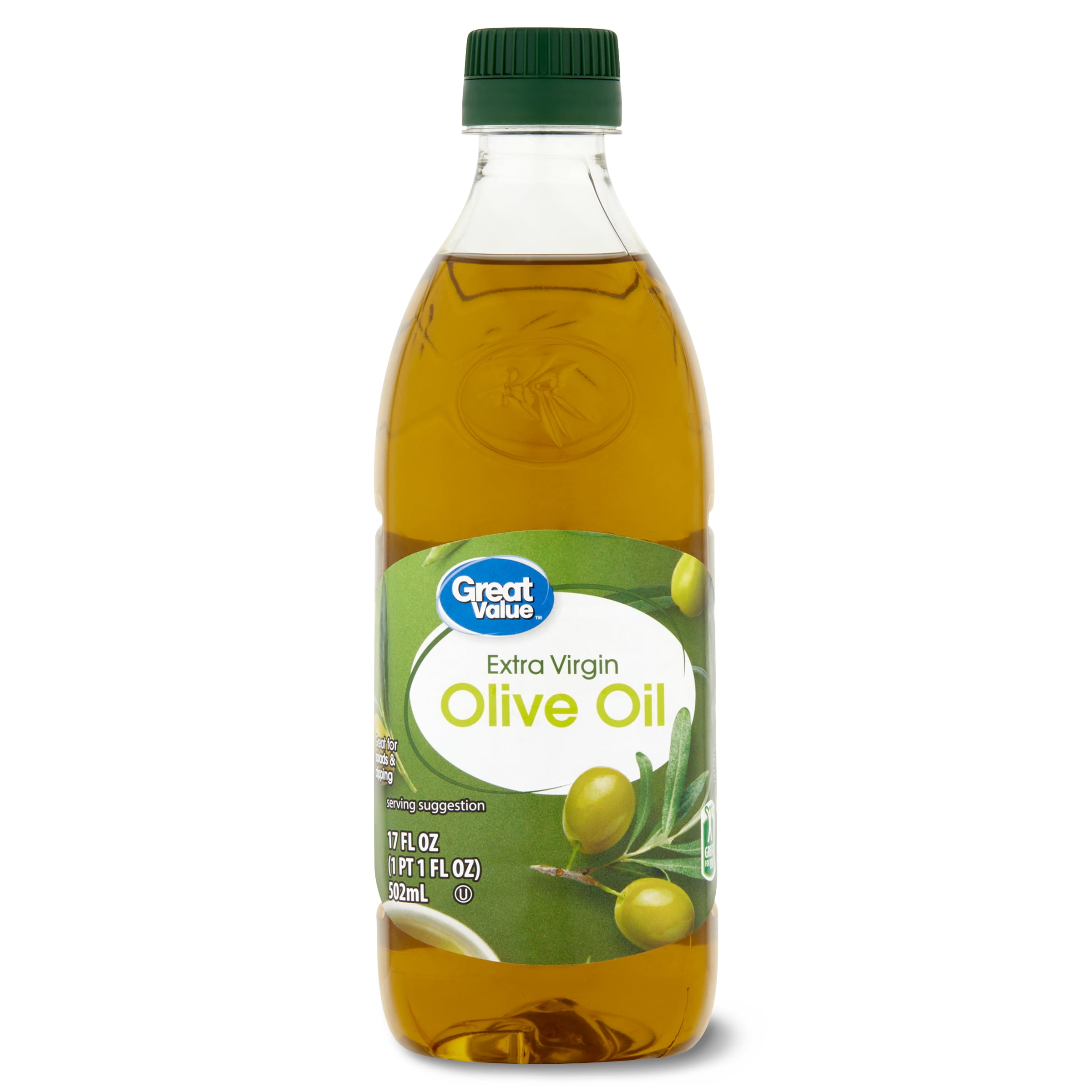Checking Out the Different Sorts Of Olive Oil and Their Uses, Consisting Of Bonus Virgin Olive Oil
The expedition of olive oil includes a varied variety of kinds, each offering distinct flavors and cooking applications. Extra virgin olive oil, renowned for its superior top quality and health and wellness advantages, offers as a staple in lots of kitchen areas, yet it is just one facet of this diverse active ingredient.
What Is Olive Oil?
Acquired from the fruit of the olive tree, olive oil is a staple in Mediterranean cuisine and a crucial active ingredient in various culinary applications. This functional oil is generated by pressing entire olives, causing a fluid that varies in shade, taste, and scent depending upon the type of olives utilized, the area of growing, and the removal procedure. Olive oil is mainly made up of monounsaturated fats, specifically oleic acid, which is known for its possible wellness advantages, consisting of anti-inflammatory properties and cardio assistance.
Along with its cooking usages, olive oil has a long background of application in traditional medicine and skincare, owing to its abundant antioxidant content (extra virgin olive oil benefits). The oil is often used in dressings, marinades, and for cooking methods such as sautéing and roasting. Its unique taste profile can boost the taste of numerous recipes, making it a crucial active ingredient for both home chefs and expert chefs
Furthermore, olive oil is celebrated for its duty in the Mediterranean diet regimen, which is connected with various health benefits. As awareness of these advantages expands, olive oil remains to acquire popularity worldwide as a fundamental component of a healthy and balanced way of life.
Kinds Of Olive Oil
Recognizing the various sorts of olive oil is necessary for both culinary fanatics and health-conscious customers. Olive oil is classified largely based on its removal technique and top quality, which substantially influences its fragrance, wellness, and taste advantages.

Light olive oil, in spite of its name, describes a lighter taste and not reduced calories. It is perfect for those looking for a more refined preference in marinates and dressings. Furthermore, there are flavored olive oils instilled with herbs, seasonings, or citrus, which can improve meals without the need for extra seasoning.
Each kind of olive oil serves details cooking objectives, and recognizing these distinctions enables customers to make informed selections that align with their food preparation styles and health objectives.
Extra Virgin Olive Oil
Bonus virgin olive oil (EVOO) is widely considered the finest olive oil readily available, popular for its abundant flavor and many health and wellness advantages. To be categorized as added virgin, the oil needs to be produced from fresh olives making use of mechanical processes, without the usage of solvents or excessive warmth. This precise approach protects the oil's all-natural tastes, antioxidants, and healthy and balanced fats, resulting in a product with a low level of acidity level of less than 0.8%.
EVOO is bountiful in monounsaturated fats, especially oleic acid, which is connected to minimized inflammation and boosted heart health. It additionally has polyphenols, effective anti-oxidants that might provide safety results against chronic conditions. The flavor profile of EVOO can differ considerably relying on the olive selection and region of production, varying from grassy and fruity to robust and sharp.

Culinary Uses of Olive Oil

In food preparation, olive oil can be made use of for sautéing, toasting, and barbecuing, supplying a much healthier option to butter or various other fats. Its high smoke point makes it suitable for different cooking approaches, while its anti-oxidants add to a heart-healthy diet regimen. Drizzling olive oil over ended up recipes, such as pasta, fish, or smoked veggies, can raise flavors and include a touch of elegance.
In addition, olive oil plays a significant duty in cooking, where it can replace traditional fats in dishes for bread and breads, giving moisture and a refined preference. It also functions as a base for infused oils, allowing chefs to experiment with tastes such as garlic, herbs, or chili, even more broadening its culinary capacity. Overall, olive oil's flexibility makes it crucial in both home and expert kitchen areas.
Deciding On Top Quality Olive Oil
When choosing quality olive oil, it's important to take into consideration a number of key elements that influence the item's aroma, taste, and health advantages. news Choose for extra virgin olive oil (EVOO), which is acquired from the first chilly pushing of olives and contains the greatest degrees of antioxidants and useful substances. Look for oils that are licensed by recognized organizations, as this commonly makes sure adherence to rigorous quality requirements.
The product packaging additionally plays a substantial duty in protecting the oil's honesty. Pick oils stored in dark glass bottles or tins to safeguard versus light deterioration. Focus on the harvest date; fresher oils use superior flavor and nutritional value, so select items that are within 18 months of their harvest.
Be mindful of the preference; a good quality olive oil should have an equilibrium of fruity, bitter, and peppery notes, indicating its richness and intricacy. By reviewing these aspects, you can ensure you are picking the ideal olive oil for your cooking requirements.
Conclusion
In recap, the expedition of different kinds of olive oil reveals distinctive features and applications, with additional virgin olive oil representing the peak of high quality as a result of its reduced acidity and high antioxidant content. Its flexibility in cooking uses enhances tastes in dressings, sauces, and showers. Comprehending the different selections of olive oil enables for notified selections in food preparation methods, advertising healthier techniques while improving the total gastronomic experience. Quality choice continues to be critical for ideal benefits.
Obtained from the fruit of the olive tree, olive oil is a staple in Mediterranean food and an essential ingredient in different cooking applications.The most usual kinds of olive oil include fine-tuned olive oil, pure olive oil, and light olive oil.Bonus virgin olive oil (EVOO) is extensively concerned as the highest possible high quality olive oil offered, well known for its abundant taste and numerous health and wellness advantages. Decide for extra virgin olive oil (EVOO), which is obtained from the initial cold pressing of olives and includes the highest levels of anti-oxidants and beneficial compounds.In summary, the exploration of numerous types of olive oil exposes distinctive features and applications, with extra virgin olive oil representing the pinnacle of high quality due to its reduced acidity and high antioxidant web content.